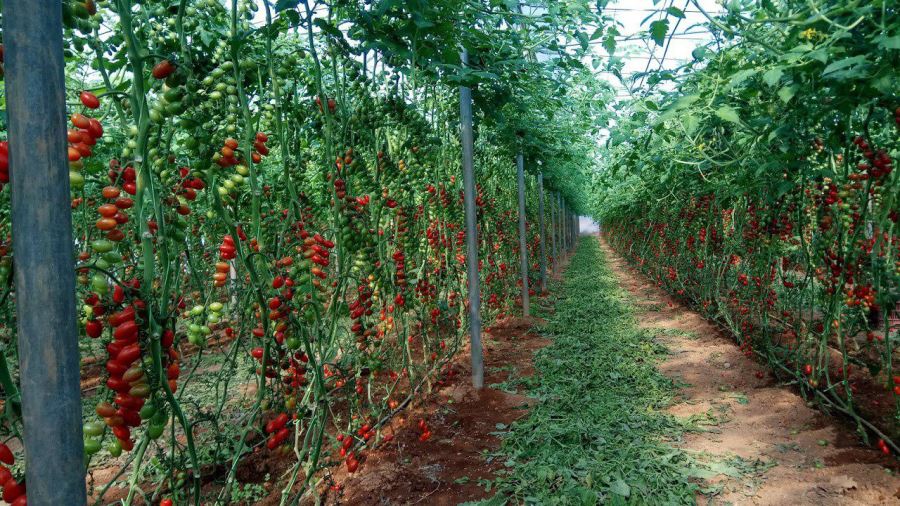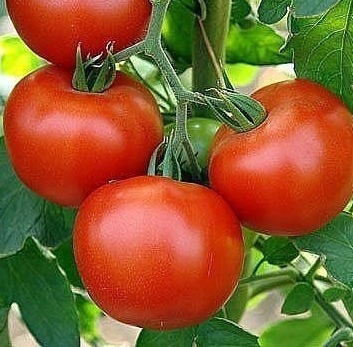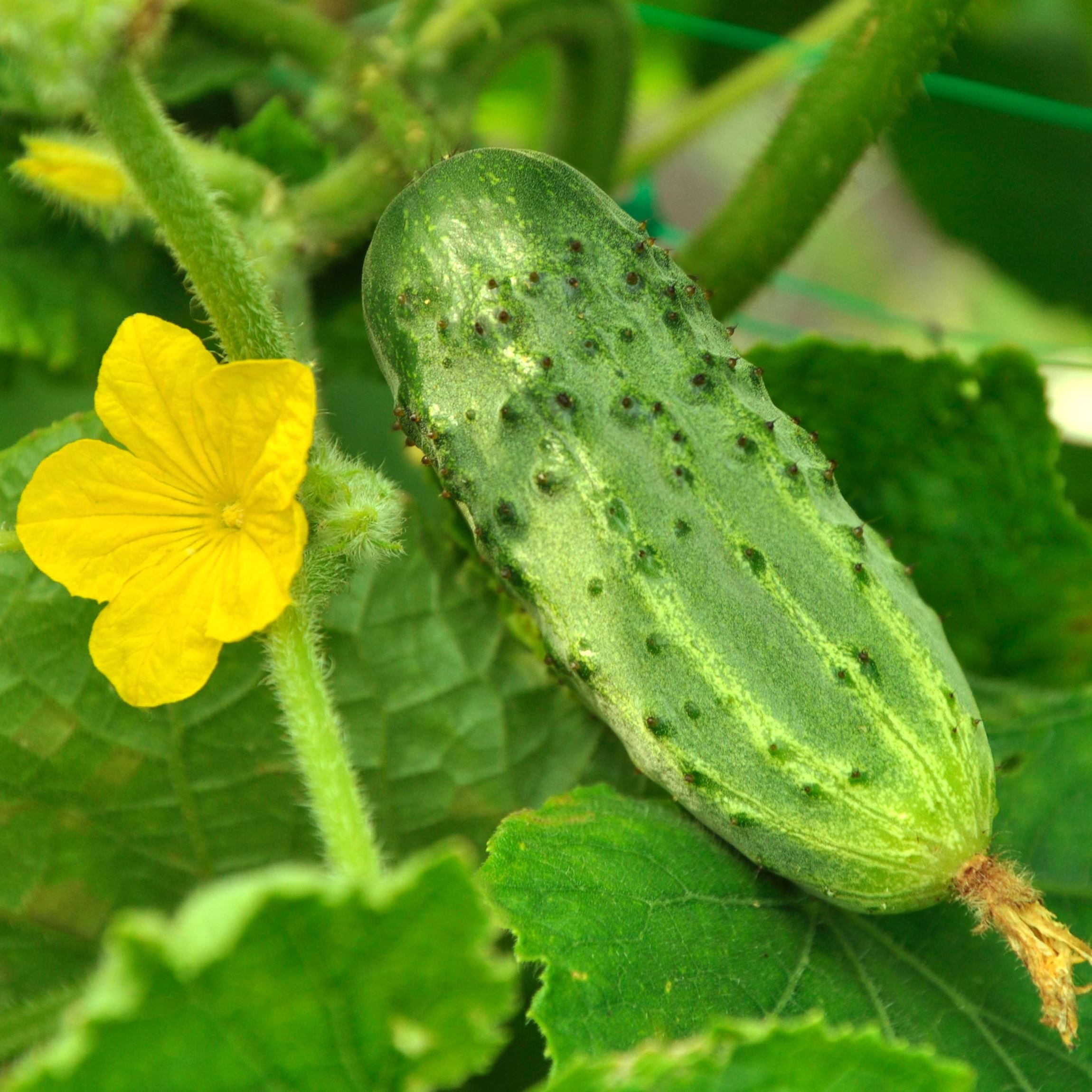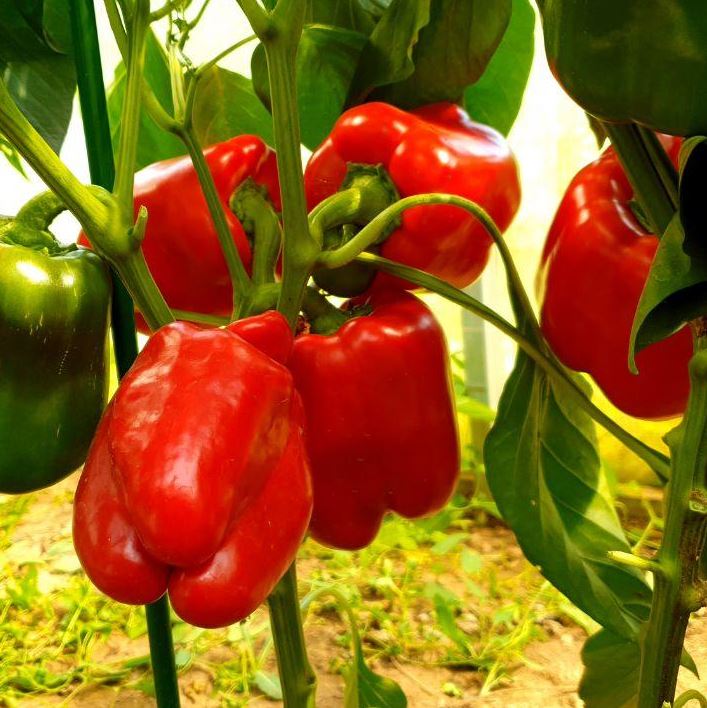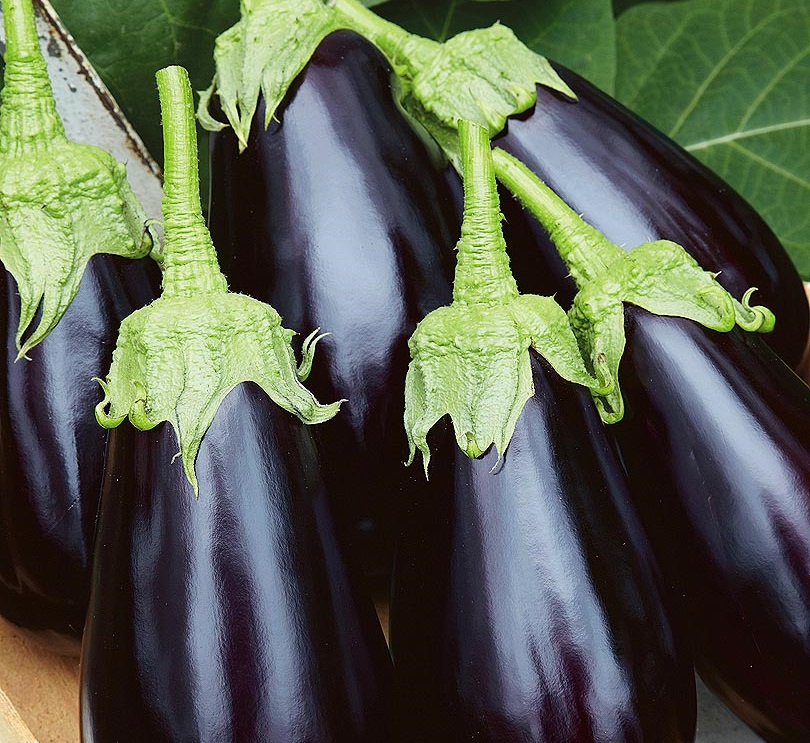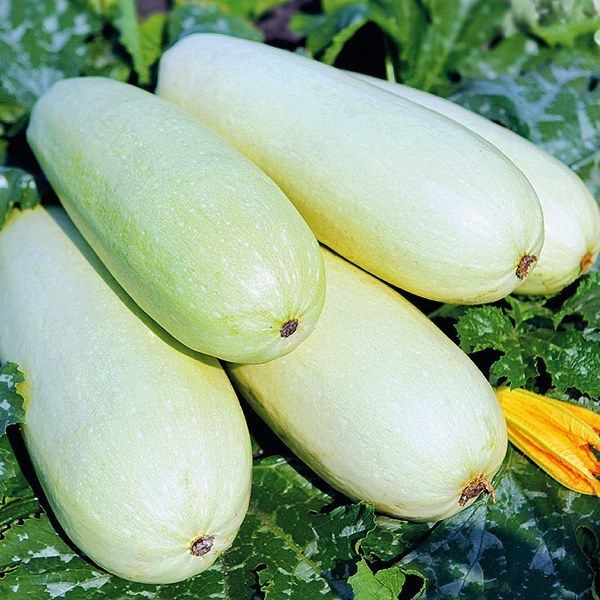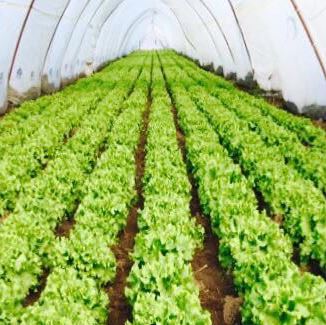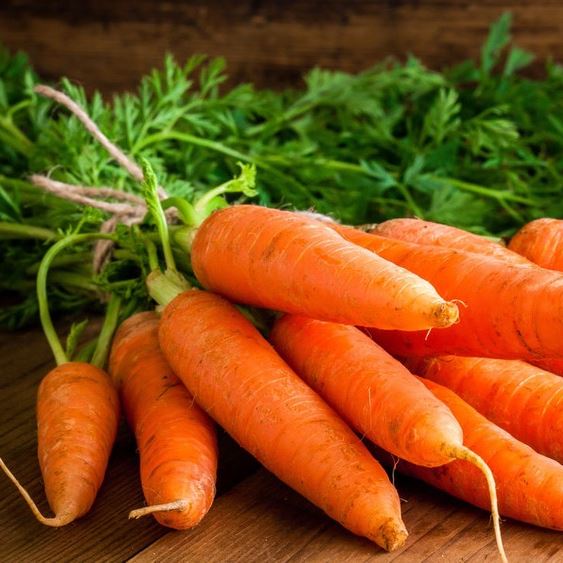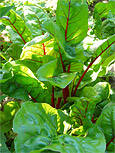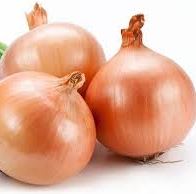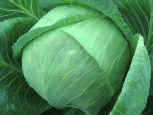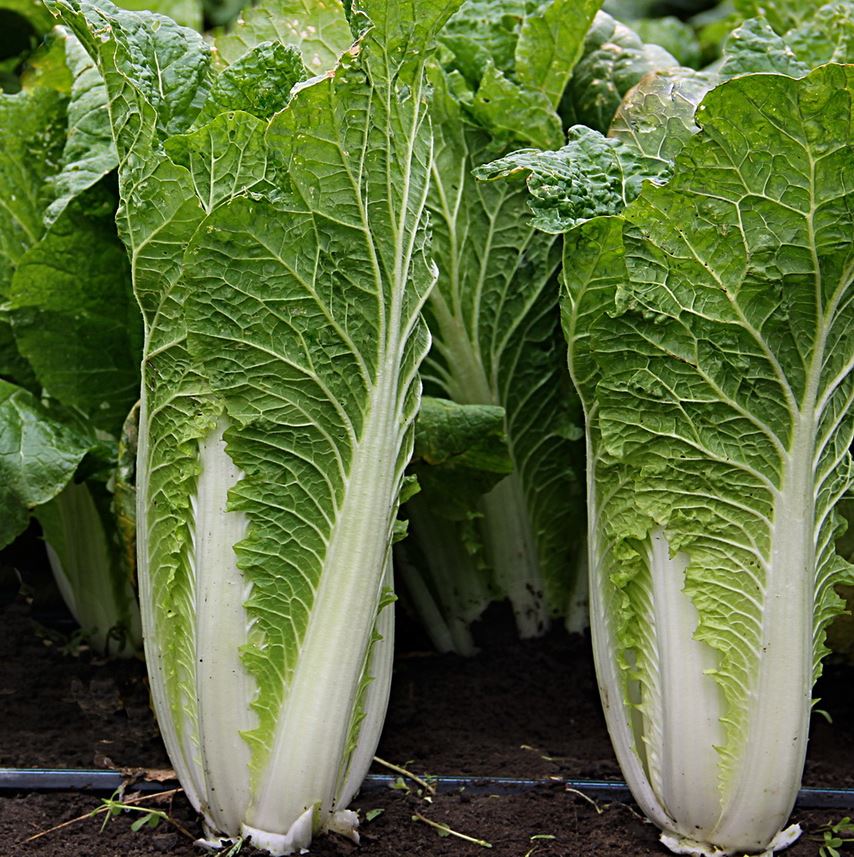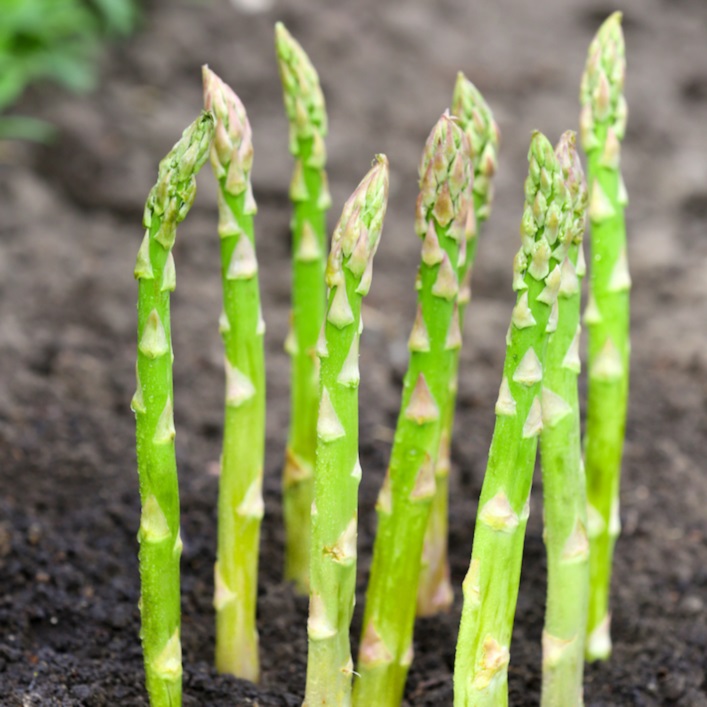|
|
Materials used in this chapter were published in book Biostimulant Albit for increasing yields and protection of agricultures against diseases, A.K. Zlotnikov, Ed. Prof. ΐ. Melkumova. All-Russia Institute of Plant Protection, Russia, 2006.
Content of vitamins in vegetables (tomatoes, cucumbers, vegetable marrows, peppers, eggplants, lettuce, carrot, table beet) increases averagely by 11-25% under the influence of Albit; increase of β-carotin and ascorbic acid is especially pronounced. Increase of vitamins content mainly depends on Albit foliar sprayings. In leaves of lettuce, Albit increases ascorbic acid content simultaneously with decrease of content of nitrates. As result, relation between ascorbic acid and nitrates becomes higher than medical safety threshold of 2:1, i.e. Albit makes plants grown in greenhouse conditions safe for human consumption. Analogous effect was detected on chinese cabbage, tomatoes, cucumbers and onion (data of All-Russia Institute of Vegetable Selection and Seed Breeding, 2001-2004). Under the influence of Albit, nitrate content decreases by 16-26% in majority of vegetables. Decrease of nitrate content in leaves of onion might reach of 74-77%. Also, Albit provoke increase of dry weight of onion leaves (by 7.4-10.7%), that indicates increase of their nutritive value. Application recommendations: Albit can be used both in field and greenhouse. Presowing seed treatment can be performed through soaking of seeds in working solution of Albit (2 ml/L) for 3-10 hours. Consumption of Albit is 2 ml (1 litre of working solution) per 1 kilogram of seeds. Also, Albit working solution can be used as replacement of water at regular presowing seed soaking procedure. Seed treatment stimulates plant growth in early stages of development and immunizes plants against diseases. However, seed treatment is not crucial for vegetables; in most cases, sprayings provides more significant effect. Foliar sprayings are the main and most important way of application of Albit on vegetables; they should be performed in stages of 2-3 real leaves and 15 days after. Consumption of Albit and working solution is 30 ml and 400 L per hectare respectively. In most cases, 2 treatments is enough, but additional Albit treatment in first half of vegetation might increase the total efficiency of Albit treatments. Foliar sprayings after blossoming are ineffective. For maximal effectiveness, Albit should be integrated in already existing technologies of treatment. For this aim, Albit solution of recommended concentration (1 ml/10L) is used for watering, root and extra-root fertilizing, trickle irrigation, soil saturation. It is desirable if the solution gets onto the plant leaves. The same solution (1 ml/10 L) is recommended for application on small plots. In field conditions, it is effective to use water sprinklers. Albit might be added to solution for standard treatments with insecticides, herbicides, nematicides and fertilizers. Due to immunizing activity of Albit, rates of fungicides can be reduced up to 50%. Decrease of consumption of other chemicals is undesirable, but due to its stimulating and stress-relieving action, Albit considerably increases effectiveness of their application, that leads to yield increase. In vegetable growing farms of Krasnodar Kraj, Saratov and Moscow oblasts, addition of Albit (1 ml/10 L) to solution of fertilizers used for watering of field and greenhouse vegetables, demonstrated excellent results. In this technique, Albit not only increases efficiency of fertilizers, but also immunizes plants against diseases. At vegetable cultivation (especially under field conditions), Albit can provide yield increase and disease protection (in low and moderate disease development), improve nutrient uptake (NPK) and be a source of essential microelements. Thus, Albit simultaneously is a fertilizer, fungicide and growth stimulator, which often is able to completely substitute other products related to cited groups. The immunizing, regenerating effect of Albit also allows the product to increase the resistance of vegetables to nematode-induced damage. According to data of the All-Russian Research Institute of Biological Plant Protection of the Ministry of Agriculture of Russia, biological efficiency of Albit against root-knot nematodes was 44.9% (spraying of tomatoes) and 48.8% (pre-sowing seed treatment of cucumbers). Thus, Albit can reduce nematode damage nearly by half (data sourced from Bukhonova Y.V. Elicitors in greenhouses // Plant protection and quarantine, 2005, No. 9., p. 25). However, it is necessary to note, that effectiveness of Albit on vegetables depends on plant variety and climatic conditions to a greater extent than on other plants. Albit accelerates terms of blossoming and maturation of vegetables, decreases vegetation period, which is necessary to get the full-grown yield up to 2 weeks earlier. This factor has a great significance, for example, in northern regions of Russia, where vegetables are being grown under conditions of lack of warmth and light. Albit is popular in tomato-growing farms of Krasnodar krai and Saratov oblast and also among owners of small plots all over Russia and abroad (Fig. 1).
Fig. 1. Left – tomato grown on own plot of K.M. Zlotnikov – inventor of Albit (Pushchino, Moscow region, 2012), right – tomatoes are grown with Albit application in Greece (Messara Plain, Crete, 2019)
Albit provides high economical efficiency of vegetables both in field and greenhouse cultivation. Each rouble invested to Albit treatment of vegetables brings 26-174 roubles of profit; Albit provides 6200-23000 roubles of net profit from one hectare (based on all trials conducted in Russia in 2001-2006: to calculate equivalents in Euros, please use 2004 exchange rate of 1 Euro = 35 Rubles). Application of Albit provides average additional yield from one hectare of 46.7 centners of tomatoes, 118.5 centners of cucumbers, 36 centners of sweet peppers, 37.5 centners of carrot, 46 centners of cabbage, etc. Thus, inclusion of Albit in vegetable cultivation technology helps to get significant additional yield of more organic production associated with decreased expenses. Here are data about Albit application on individual vegetable cultures.
|
|
||||||||||||||||||||||||||||||||||||||||||||||
Terms and Conditions
|
|
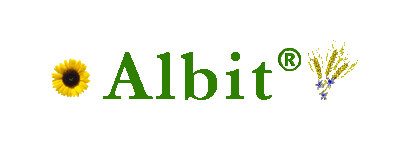

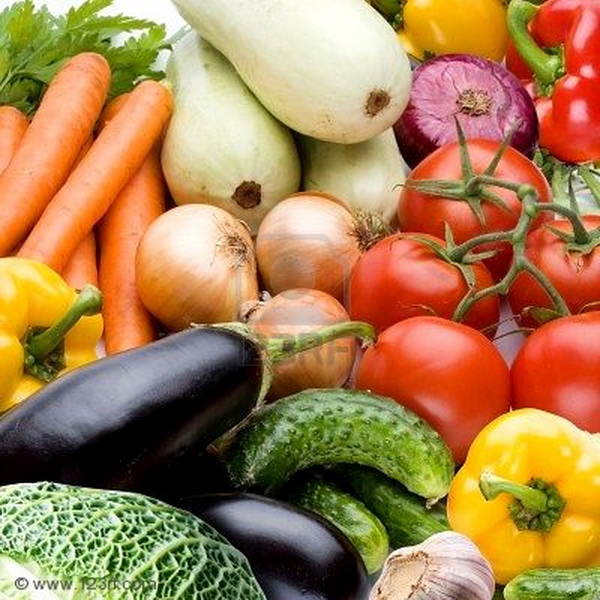 When
being applied to vegetables (tomatoes, cucumbers, vegetable marrows, peppers,
eggplants), Albit increases total and early yields by 11-23%, germination by 2-12%,
resistance to diseases, drought and other adverse environmental factors, number
of seed buds per plant by 1–3, content of vitamins (β-carotin, ascorbic acid,
etc.) by 11-25% and also provides stimulation of growth and blossoming, improves quality and
marketability, decreases nitrate and nitrosamine content by 16-26%. Along with
increase of total yield, one can see increase of early yield, more synchronous
and fast maturation, acceleration of blossoming and maturation by 4-5 days.
Albit acts analogously on carrot, table beet, onion, lettuce
and cabbage. Biological features of responses of these cultures
to Albit treatments are described in corresponding chapters.
When
being applied to vegetables (tomatoes, cucumbers, vegetable marrows, peppers,
eggplants), Albit increases total and early yields by 11-23%, germination by 2-12%,
resistance to diseases, drought and other adverse environmental factors, number
of seed buds per plant by 1–3, content of vitamins (β-carotin, ascorbic acid,
etc.) by 11-25% and also provides stimulation of growth and blossoming, improves quality and
marketability, decreases nitrate and nitrosamine content by 16-26%. Along with
increase of total yield, one can see increase of early yield, more synchronous
and fast maturation, acceleration of blossoming and maturation by 4-5 days.
Albit acts analogously on carrot, table beet, onion, lettuce
and cabbage. Biological features of responses of these cultures
to Albit treatments are described in corresponding chapters.
